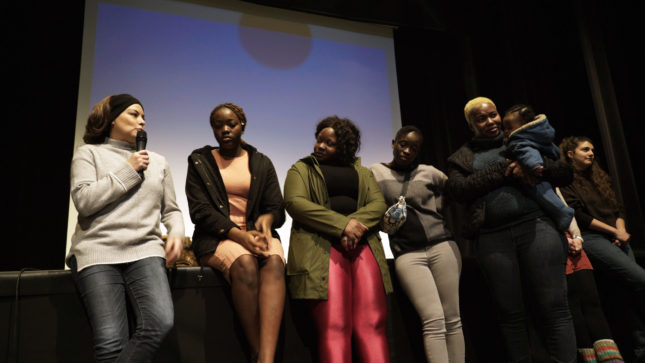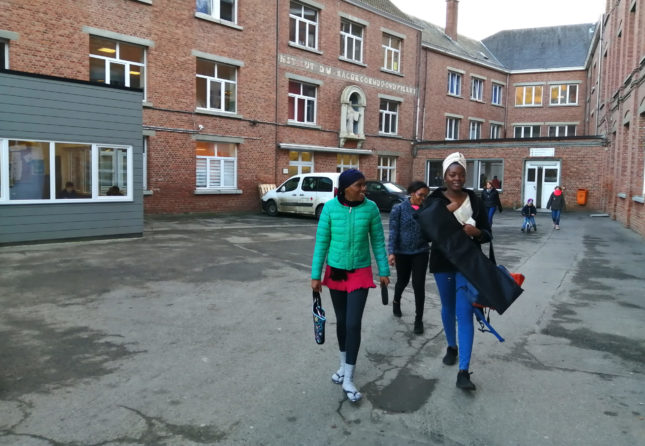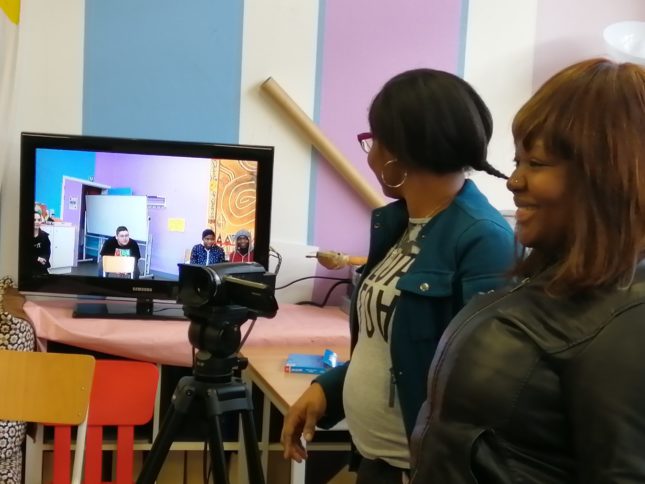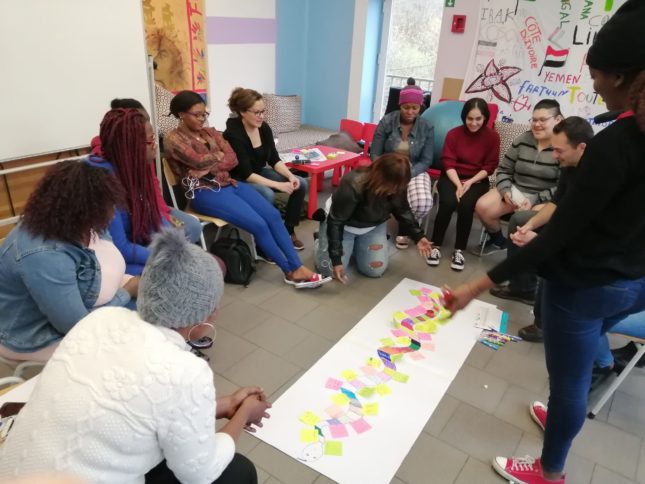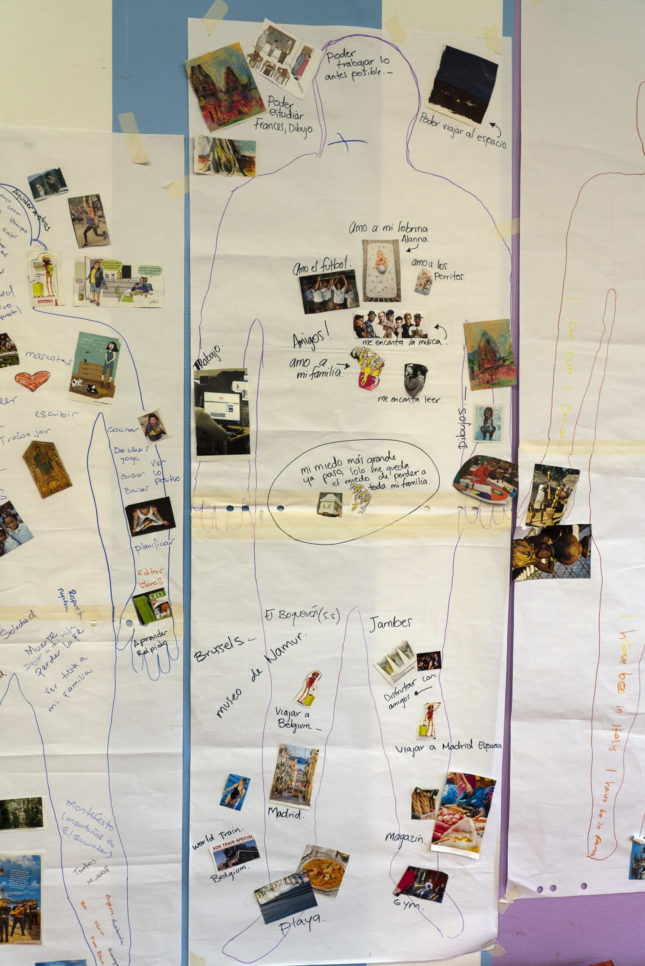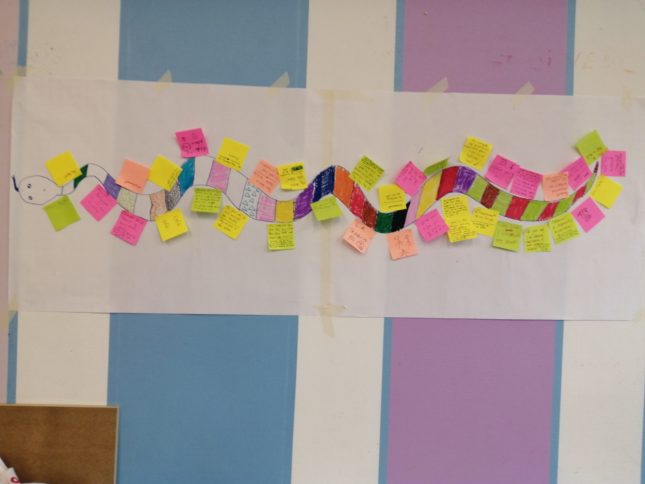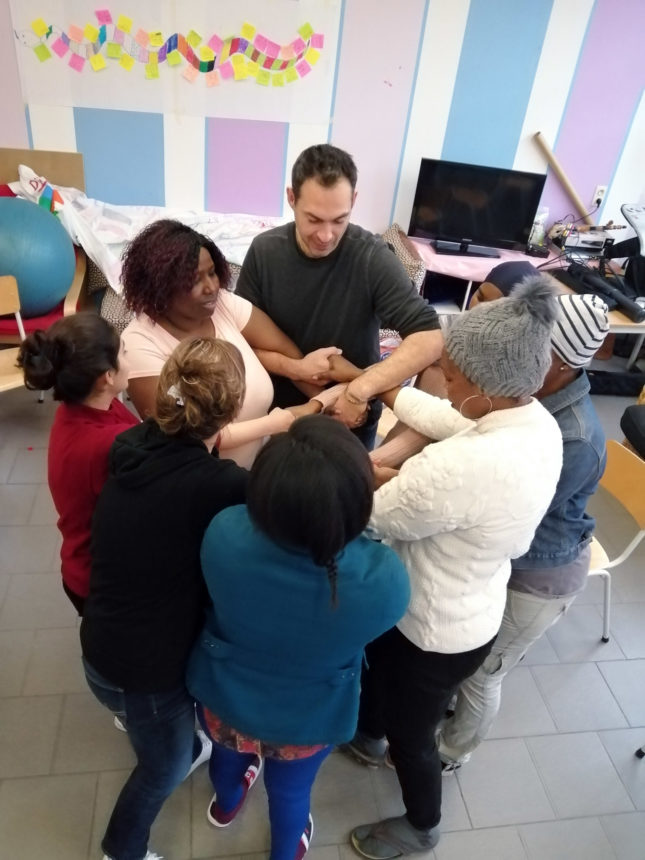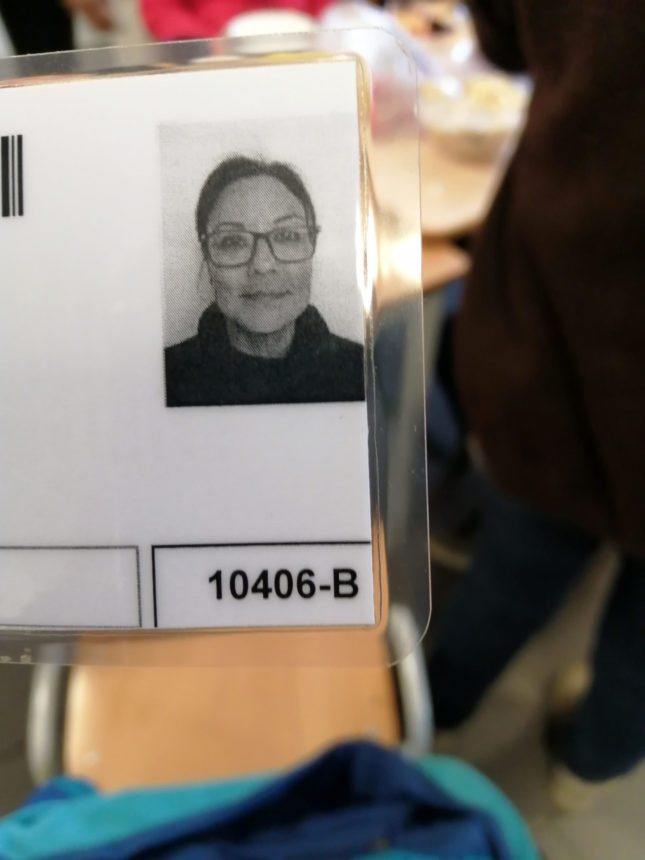Living in Standby
A project of Empowerment and Recognition for women asylum-seekers

Within a broader strategy of empowerment by Asylum Seekers Department of the Belgian Red Cross, Visual Exchange collaborated with a group of women from various backgrounds waiting for their asylum status in a center that welcomes victims of Gender-Based Violence (GBV) or with difficult migratory paths. The project focused on the empowerment and recognition of these women. Utilizing Art Therapy and Participatory Video, the project involved a four-phase action-research and care process to explore and address the women’s stories, feelings, past and present traumas for then highlight their present resources and the levers they need to find their way back to creative, concrete and positive action.
CHALLENGES OF ENDLESS WAITING
The status of being an asylum seeker comes with profound challenges, including uncertainty, dependence, isolation, anxiety, and powerlessness. The prolonged asylum procedure, often lasting months or even years, exacerbates the impact of past traumas. Women, in particular, face additional difficulties during this period.
“We arrive in Europe and we think our life is saved, but in reality, we start another struggle, and this is even worse than what we have left behind… it’s the awaiting.” – Ouma
ART THERAPY & PARTICIPATORY VIDEO AS CATALYSTS FOR CHANGE
The Art Therapy and Participatory Video process aimed to counteract the negative effects of waiting by fostering individual and collective expression. It provided a platform for the women to share their experiences, connect with each other, and regain a sense of agency, of being an actor in one’s own movements and life.
“I am so happy to have participated; this opened my eyes… When you know that these women are living the same thing as me, this creates a connection and mutual support.” – Andrea
IDENTIFYING POTENTIALS & EMPOWERMENT
Through participatory video, the women found a voice and an audience that validated their experiences. This recognition acted as a symbolic integration process, eradicating their fear and sparking a desire to engage with the wider host community. The process also revealed their untapped potential and their power as women beyond refugee status.
“This allowed me to have trust in myself, confidence. Before I couldn’t.” – Aissata
VALIDATION OF SPEECH & EMPOWERMENT
The participatory video proved transformative for the participants, providing them with resources to cope with their challenging circumstances. Empowerment, in this context, meant speaking up and being heard, regaining the confidence to dream, act and see the future with hope once again.
This project illustrates the impactful intersection of Art Therapy and Participatory Video in empowering vulnerable populations, offering a voice to those often unheard in society.
PARTNERS
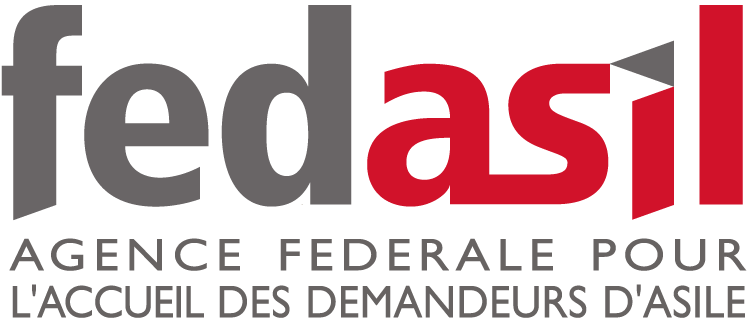

Belgian Red Cross – Asylum Seekers Welcoming Department – ADA
FEDASIL – Agence Federale pour l’Accueil des Demandeurs d’Asile
YEARS
2019 – 2021


